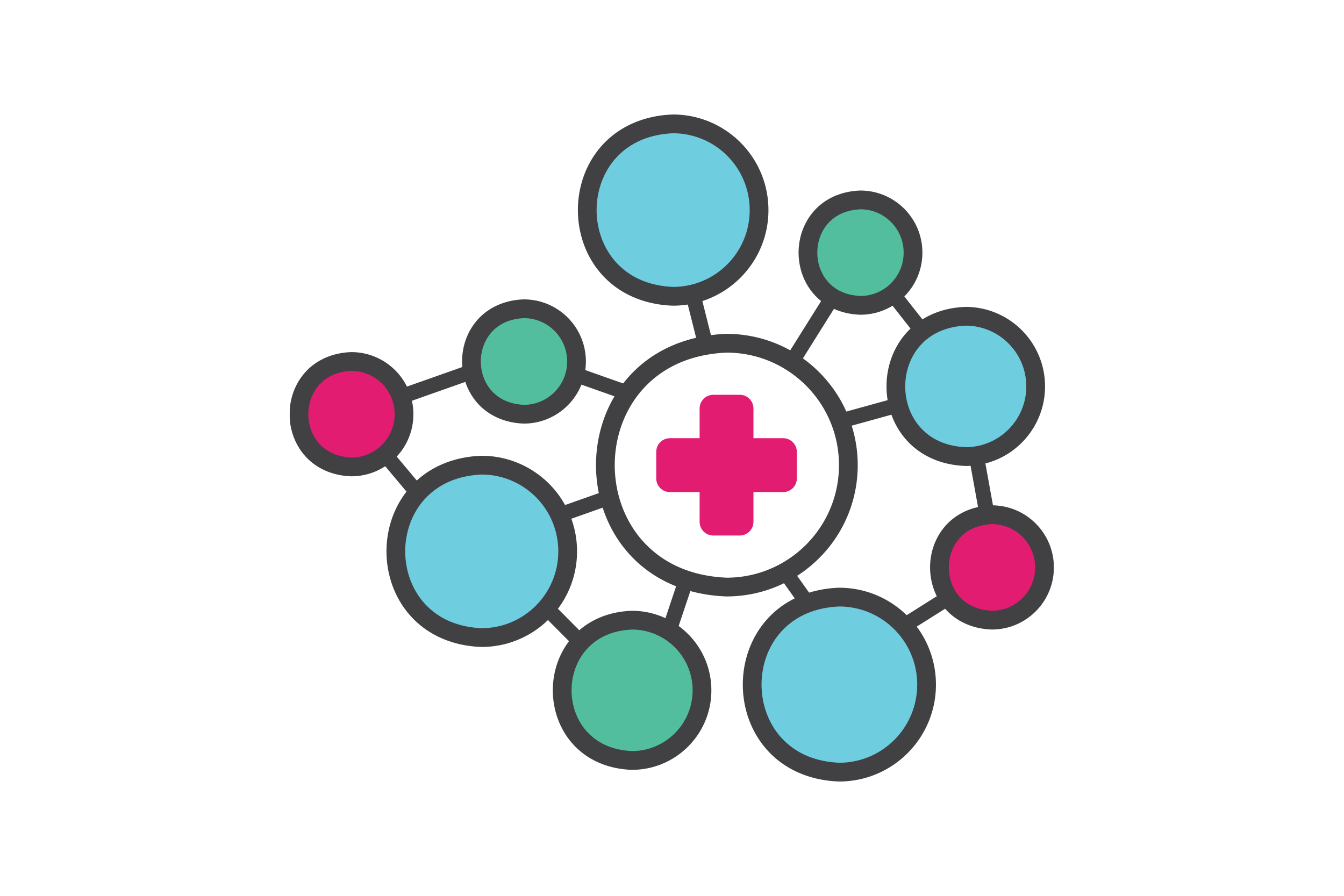Could nudges reduce health literacy disparities in CVD prevention? An experiment using alternative messages for CVD risk assessment screening – Michael Anthony Fajardo et al.
This study aimed to test different SMS messages inviting patients for a Heart Health Check with their GP. We also assessed how health literacy moderated these effects, to inform an Australian CVD risk screening program. Specifically, we tested a control message used in a previous [...]




